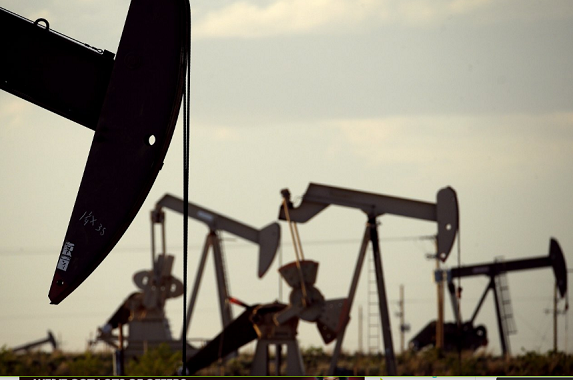Major Oil producer, Saudi Arabia is struggling to convince fellow OPEC members including Gulf allies on the need to raise oil output, sources familiar with the talks revealed, adding to complications ahead of an OPEC meeting this week.
The Organization of the Petroleum Exporting Countries, OPEC, meets on Friday, June 22, to decide on output policy amid calls from major consumers such as the United States and China to cool down oil prices and support the global economy by producing more crude.
Iran said on Tuesday OPEC was unlikely to reach a deal, setting the stage for a clash with Saudi Arabia and Russia, which are pushing to raise production steeply from July to meet growing global demand.
Adding to the complications is a lack of compromise among usually aligned Gulf oil producers ahead of the Friday meeting, according to two sources familiar with the talks.
Traditional Saudi allies – the United Arab Emirates, Kuwait, Oman and Bahrain – believe Saudi Arabia was too quick to respond to U.S. calls for higher production, and have been rattled by Riyadh’s close coordination with non-OPEC Russia, sources said.
There are different views on how much to increase production and whether such a move should be gradual, one source said following a meeting of Gulf oil ministers on Tuesday evening.
Russia has proposed OPEC and non-OPEC raise output by 1.5 million barrels per day (bpd), effectively wiping out existing production cuts of 1.8 million bpd that have helped rebalance the market in the past 18 months and lifted oil to $75 per barrel. Oil was trading as low as $27 in 2016.
OPEC members Iran, Iraq, Venezuela and Algeria have opposed a relaxation of production cuts, fearing a slump in prices.
But OPEC could still agree a last-minute deal on Friday by compromising on a lower output increase below 1 million bpd, OPEC sources have said.












